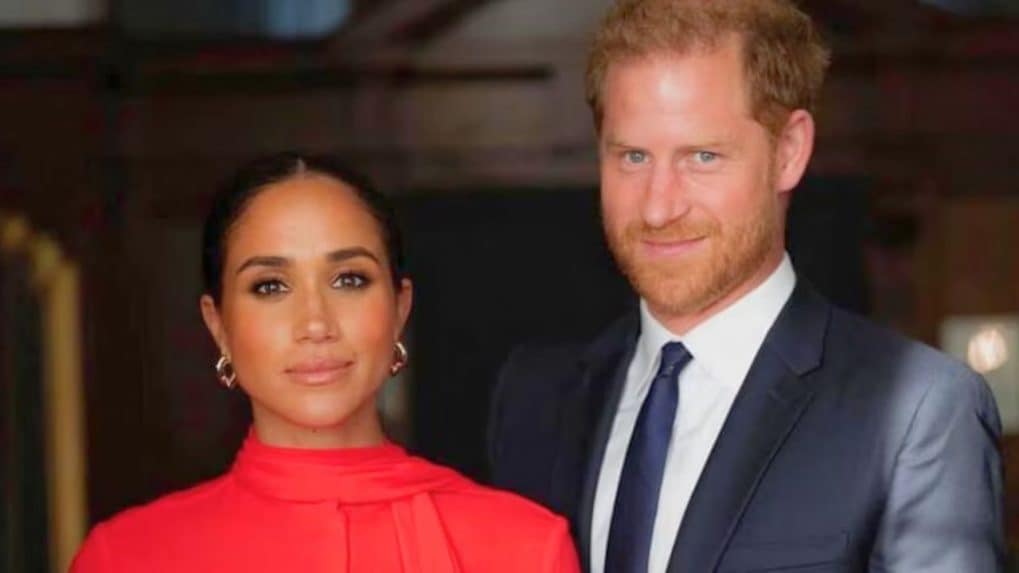Prince Harry, Meghan join global call to ban ‘superintelligent’ AI over human extinction fears
Future of Life Institute’s open letter unites royals, tech pioneers, artists, and political figures in warning against unchecked AI development.
ADVERTISEMENT
Prince Harry and Meghan, the Duke and Duchess of Sussex, have joined a sweeping coalition of scientists, political leaders, tech pioneers, and artists calling for a global prohibition on the development of artificial “superintelligence” - AI systems capable of outperforming humans across nearly all cognitive tasks - until there is scientific consensus that such technology can be developed and deployed safely.
Read more: OpenAI’s ambitious leap toward superintelligence: Are we ready for AI that outpaces human minds?
The statement, organized by the Future of Life Institute (FLI), was released on October 22 and marks one of the most diverse and high-profile appeals yet to curb the race toward advanced AI. Its signatories include AI luminaries Geoffrey Hinton and Yoshua Bengio, Apple co-founder Steve Wozniak, billionaire Richard Branson, former U.S. national security adviser Susan Rice, former chairman of the Joint Chiefs of Staff Mike Mullen, and former Irish president Mary Robinson.
Perhaps most strikingly, the list also features conservative commentators Steve Bannon and Glenn Beck - highlighting rare ideological unity around the existential risks of unregulated AI.
The statement’s 30-word core message reads:
“We call for a prohibition on the development of superintelligence, not lifted before there is broad scientific consensus that it will be done safely and controllably, and strong public buy-in.”
FLI’s preamble warns that while AI can enhance prosperity and health, the stated ambition of several major companies - including Google, OpenAI, and Meta - to build systems surpassing human capability poses deep risks. These range from economic obsolescence and loss of civil liberties to national security threats and “even potential human extinction.”
Read more: Inside Zuckerberg’s AI gambit: Superintelligence, nine-figure salaries, and a team of 50
“The true test of progress will be how wisely we steer”: Prince Harry
Prince Harry, in a personal note accompanying the statement, wrote:
“The future of AI should serve humanity, not replace it. The true test of progress will be not how fast we move, but how wisely we steer. There is no second chance.”
He was joined by Meghan, Duchess of Sussex, who has previously spoken on digital ethics and the mental health consequences of technology.
AI pioneer Stuart Russell, professor of computer science at the University of California, Berkeley, said the proposal is not anti-innovation but a call for responsibility.
Read more: Mark Zuckerberg says spending billions on AI is safer than risking delay on superintelligence
“This is not a ban in the usual sense,” Russell explained. “It’s simply a proposal to require adequate safety measures for a technology that, according to its developers, has a significant chance to cause human extinction. Is that too much to ask?”
Geoffrey Hinton, who won both the 2018 Turing Award and a Nobel Prize in physics last year for his foundational work in AI, and Yoshua Bengio, his co-laureate, also endorsed the ban. Both have become increasingly vocal about the potential for AI systems to evolve beyond human control.


